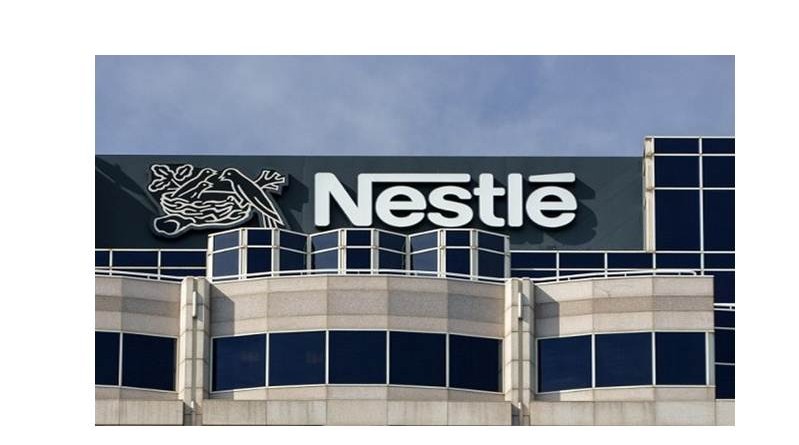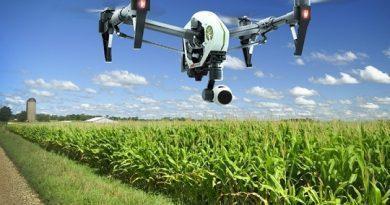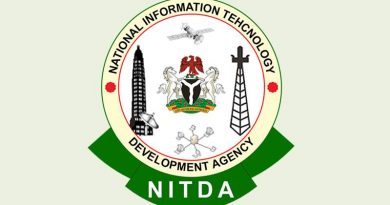Nestlé, IDH and TechnoServe launch Developing Inclusive Grain Value Chains project targeting 5,000 farmers in 4 value chains
Nestlé, IDH the Sustainable Trade Initiative, and TechnoServe have announced the launch of the Developing Inclusive Grain Value Chains project.
The initiative will help 5,000 smallholder farmers earn better livelihoods by supplying high-quality maize, soybeans, millet, and sorghum to Nestlé.
The seven-month project will enable more inclusive and transparent sourcing of maize, soybeans, millet, and sorghum for Nestlé’s operations in Nigeria.
Incorporating smallholders into a value chain like Nestlé’s will not only benefit the farmers—who will see increased incomes from selling into stable and formal markets—but also the company, which will benefit from a steady supply of locally grown crops. The importance of local supply chains has been highlighted over the past year, as the COVID-19 pandemic disrupted global shipping.
Over the last few years, Nestlé has worked with smallholder farmers and aggregators in Kaduna State, Nigeria to improve crop quality, significantly reducing rejection rates from over 30% to 4%. Abnormal rainfall patterns caused by climate change make it difficult for farmers to properly dry their grain, and therefore it is difficult to build upon and maintain the crop quality.
The Developing Inclusive Grain Value Chains project will engage stakeholders across the supply chain to address these challenges. The project will work with six small- and medium-sized enterprises (SMEs) that aggregate crops and supply them to Nestlé factories. The initiative will build the capacity of businesses all along the grain value chain: aggregators and sub-aggregators will receive training on proper grain handling, storage, and testing, as well as entrepreneurial and financial skills, while logistics partners will receive training on proper handling and storage of grain during transit. The initiative will also work with extension agents from the aggregators to provide agronomy training to farmers, with a focus on good agricultural practices and post-harvest handling.
The project will increase traceability by working with aggregators to improve recordkeeping and by using assay testing kits to track the quality of grains provided by individual farmers. This will also enable the initiative and stakeholders to better tailor training to the specific needs of smallholders. To address the challenges posed by climate change, the project will work with the aggregators to provide accurate weather forecasts to farmers, helping them to make better decisions about when to dry their grains. The initiative will also engage stakeholders to pilot new, low-cost technological innovations like solar dryers.
The Developing Inclusive Grain Value Chains project is expected to improve the incomes of 5,000 smallholder farmers and increase the sales of the six aggregator SMEs by at least 10%.
Nestlé Nigeria Managing Director and CEO, Wassim Elhusseini said of the project, “At Nestlé, we are committed to building strong communities and supply chains, improving livelihoods in communities directly connected to our business activities. Therefore, we are delighted to work with IDH and TechnoServe to improve the livelihoods of smallholder farmers and SMEs who work within our supply chain. This project will help 5,000 families apply more sustainable farming practices to improve their household income while protecting the environment for the generations to come.”
IDH Nigeria Country Director, Cyril Ugwu added, “We are excited at this opportunity of working with TechnoServe and Nestlé in our joint mission to contribute to the improvement of agribusiness entrepreneurship in Nigeria. The partnership is crucial as it not only contributes to improved local sourcing of commodities by a reputable brand as Nestlé, it also contributes to food security and the economic wellbeing of a teeming number of farmers in the region.”
“Building more inclusive supply chains is a win-win for farmers and the private sector,” said Ayokanmi Ayuba, TechnoServe’s deputy country director and director of programs in Nigeria. “We are excited to work with Nestlé and IDH on this initiative to create lasting impact for smallholders, small businesses, and the sector as a whole.”



